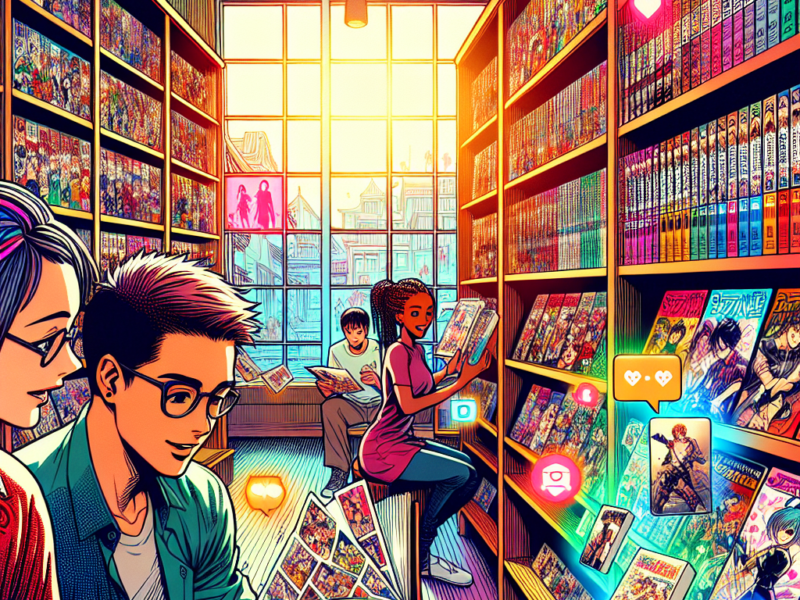Entertainment has always been central to human culture. From ancient Greek theater to Shakespearean plays, from silent films to IMAX blockbusters, our appetite for stories, music, and spectacle has shaped entire industries. But in the last two decades, the entertainment landscape has undergone a radical transformation—fueled by technology, social media, and changing consumer habits.
We’re living in an age where a TikTok clip can make someone famous overnight, where video games rival movies in revenue, and where people binge-watch shows from around the world while riding the subway. This article explores how entertainment has evolved, what’s driving the change, and where it’s headed next.
The Digital Revolution: How the Internet Changed Everything
The rise of the internet in the late 1990s and early 2000s marked a pivotal moment in entertainment history. What was once a linear experience—watching a show at a specific time on a specific channel—became on-demand and personalized.
1. Streaming Services
The biggest disruptor has been streaming platforms. Netflix, once a DVD rental service, pioneered the model. Now it’s joined by Hulu, Amazon Prime Video, Disney+, HBO Max, and a growing list of regional platforms. These services allow viewers to watch content anytime, anywhere, without commercials.
The traditional cable model has been upended. In 2023, more people canceled cable subscriptions (a trend known as “cord-cutting”) than ever before, preferring the flexibility of streaming services.
2. Global Access
Entertainment is no longer bound by borders. Shows like Money Heist (Spain), Squid Game (South Korea), and Dark (Germany) became global sensations through platforms like Netflix. Subtitles, dubbing, and localization have opened the doors to international content, making entertainment more diverse and globally inclusive.
The Rise of Short-Form Content
While streaming platforms changed how we watch long-form content, social media gave rise to a new phenomenon: short-form entertainment.
1. TikTok and Reels
TikTok transformed the entertainment ecosystem by democratizing content creation. Anyone with a smartphone can create 15-second videos that go viral overnight. Instagram Reels and YouTube Shorts followed suit.
From dance challenges to mini skits, product reviews, and comedy sketches—short-form content is bite-sized, addictive, and tailor-made for the mobile generation.
2. Influencers and Content Creators
The line between creator and consumer is blurring. Influencers are entertainers in their own right, with millions of followers tuning in for makeup tutorials, gaming streams, comedy routines, or daily vlogs.
Platforms like Patreon and YouTube monetization have empowered these creators to build careers outside traditional entertainment structures. They don’t need agents or big studios—just an audience and a unique voice.
The Gaming Boom: More Than Just Play
Video games were once seen as a niche form of entertainment. Today, they’re a global industry worth over $200 billion annually—more than movies and music combined.
1. Immersive Experiences
Games like The Last of Us, Red Dead Redemption 2, and Elden Ring offer cinematic storytelling, character development, and emotional depth rivaling Hollywood films. With stunning graphics, immersive worlds, and branching narratives, players aren’t just watching a story—they’re part of it.
2. E-Sports and Streaming
Competitive gaming, or e-sports, has exploded in popularity. Tournaments fill stadiums, and top players earn millions in sponsorships. Platforms like Twitch and YouTube Gaming allow fans to watch live gameplay, making gamers celebrities in their own right.
Just as people used to follow movie stars, many now follow streamers like Ninja, Pokimane, and xQc—complete with merch lines, brand deals, and media appearances.
Music in the Digital Age
Music has also transformed dramatically in the digital era. The days of buying CDs or downloading MP3s are largely behind us.
1. Streaming Services
Spotify, Apple Music, YouTube Music, and others dominate the industry. Artists now measure success in terms of streams, not album sales. Playlists have replaced albums as the primary way listeners discover new music.
This shift has impacted how artists release music—favoring singles and EPs over full albums, with regular drops to keep fans engaged.
2. Direct-to-Fan Engagement
Artists now connect with fans directly via social media, bypassing traditional PR routes. TikTok has become a launchpad for new music, with tracks often going viral before they’re even officially released. Lil Nas X’s Old Town Road is a prime example—a viral TikTok hit that topped the Billboard charts for a record-breaking 19 weeks.
Hollywood’s Adaptation and Struggles
Traditional film and television have faced both challenges and opportunities in the digital age.
1. Theatrical Releases vs. Streaming
While blockbuster franchises like Marvel still dominate theaters, many films now debut on streaming platforms. The COVID-19 pandemic accelerated this trend, with studios releasing films like Wonder Woman 1984 and Dune simultaneously online and in cinemas.
This shift has sparked debates about the future of the theater experience. Some purists argue that big screens and shared audiences are essential, while others prefer the convenience of home viewing.
2. Diversity and Representation
Digital platforms have pushed the industry toward more inclusive storytelling. With fewer gatekeepers, there’s more room for diverse voices, indie films, and unconventional narratives. Audiences now demand—and reward—authentic representation across race, gender, sexuality, and culture.
The Metaverse and the Future of Entertainment
One of the most talked-about developments is the rise of the metaverse—a collective virtual space where people can socialize, work, and play. Entertainment will be at the heart of this digital frontier.
1. Virtual Concerts and Events
Artists like Travis Scott and Ariana Grande have held virtual concerts inside games like Fortnite, drawing millions of attendees. These aren’t just livestreams—they’re interactive, gamified experiences that represent a new form of digital entertainment.
2. VR and AR
Virtual reality (VR) and augmented reality (AR) promise fully immersive experiences. Whether it’s exploring a fantasy world, attending a holographic theater, or interacting with virtual celebrities, the lines between reality and fiction will continue to blur.
Conclusion: Entertainment Without Borders
The entertainment industry is no longer controlled by a handful of studios or record labels. It’s diverse, decentralized, and driven by audiences who crave connection, authenticity, and creativity.
From binge-watching Korean dramas on Netflix, to watching a Twitch streamer play Minecraft, to attending a virtual concert in the metaverse—our choices are broader, deeper, and more personalized than ever before.
As technology continues to evolve, one thing is certain: entertainment will always adapt. Because at its core, entertainment is about stories—and no matter how they’re told, we will always seek them.



